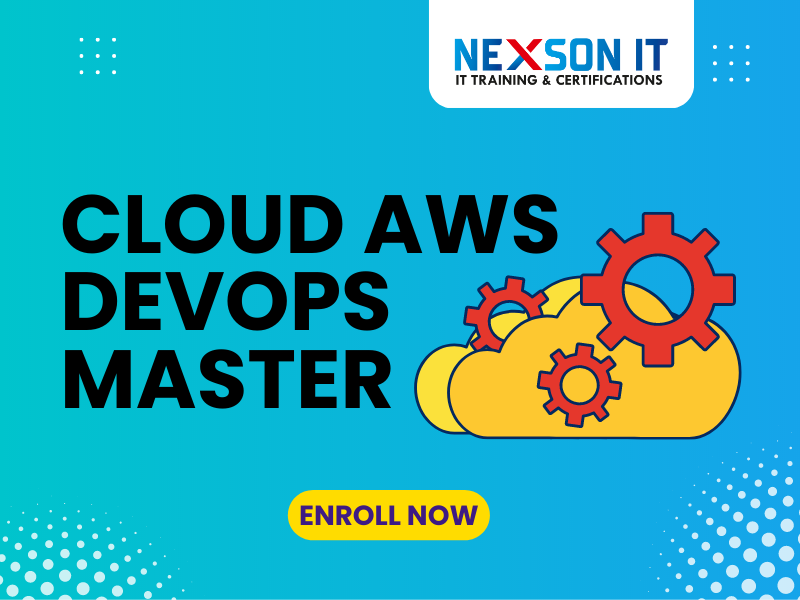A core concept within the technical fraternity, DevOps is where the software development and operations meet to ensure continuous integration (CI) and delivery (CD). For those of you who are not familiar with the concept, DevOps. DevOps philosophy permeates the modern world of software development. The DevOps culture is a practical implementation of the Agile methodology, and nowadays, it is the most efficient approach in software development. Thus said, every business owner wants to implement DevOps for the seamless software development lifecycle. There are a few main DevOps principles and multiple tools to accomplish them.
DevOps Principles and Tools
In 2010 Damon Edwards and John Willis came up with the CAMS model to showcase the key values of DevOps. CAMS is an acronym that stands for Culture, Automation, Measurement, and Sharing. As these are the main principles of DevOps,
- These key DevOps principles help you build a solid start:
- All team development activity should result in customer-centric action.
- Software is created with the end-use in mind.
- Teams must agree that they have end-to-end responsibility for their projects.
- Successful teams have a balanced set of skills, resulting in autonomous, cross-functional teams
- Experimentation is extremely important, resulting in challenging questions and continuous improvement
- IT operations should be optimized to automate everything you can
With the need for continuous testing and review, automation becomes a vital component of highly functional DevOps teams. DevOps core principles, combined with the below best practices, offer your team a roadmap for entering into the DevOps world.
DevOps Tools:
The DevOps process thrives on the integration of different technologies to help automate processes and boost the quality of the final product. Below are just a few of the popular tools that most companies employ in their DevOps tech stack:
Git & GitHub
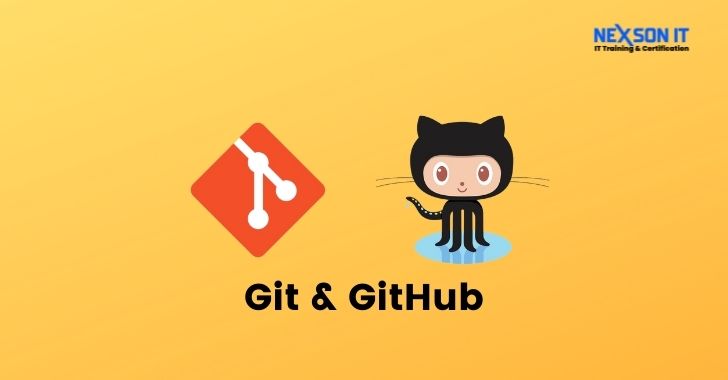
One of the most widely recognized DevOps tools, Git’s an open source and free version control software. Released in 2005, it was written in C, Perl, Shell, and Tcl, and originally authored by Linus Torvalds.GitHub is a complementary technology that acts as both a data repository and a networking tool for engineers. GitHub holds the open source code that was created with Git, and makes it accessible to a wide network of engineers.
Docker
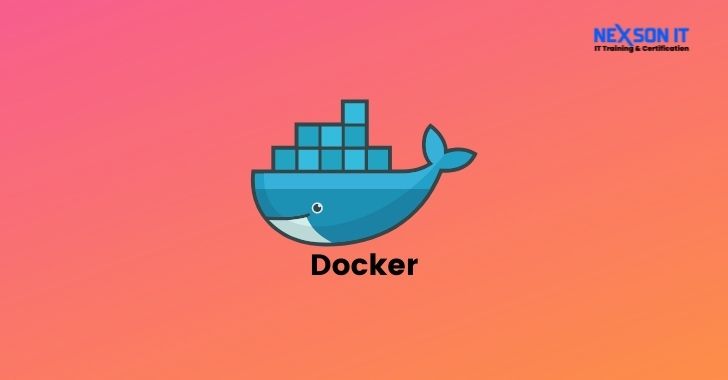
As a DevOps tool, Docker helps developers to build, package, and then deploy the codes with ease and speed via containers with needed dependencies instead of virtual machines. It eliminates mundane configuration activities and fosters effective team collaboration.
Docker ensures that the same software development environment is maintained across every stage of a DevOps cycle, from development to staging and production. It empowers the developers to create Docker images that they can run in the development environment and operation teams to perform testing and deployments.
Jenkins
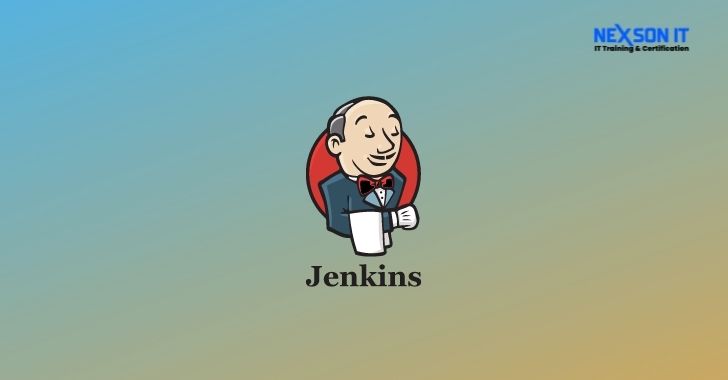
Jenkins a DevOps tool for monitoring execution of repeated tasks. It is one of the best software deploy tools which helps to integrate project changes more easily by quickly finding issues.While Ansible focuses a lot on automation and ease of use for configuration management, Jenkins is highly focused on the CI/CD pipeline and building out robust deployment automation. Both Ansible and Jenkins are open-source automation servers and can be used for reliable CI/CD pipelines, app deployments and configuration management – but a large number of teams look at Jenkins as the gold standard for CI. Depending on your toolchain, architecture and team structure, you could find yourself needing to use both tools for different reasons.
Ansible
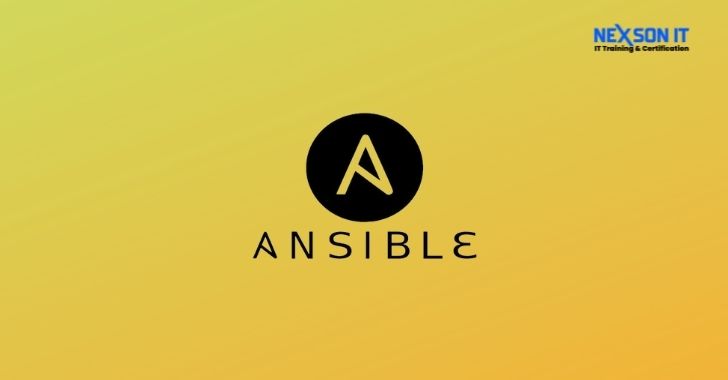
Ansible is a leading DevOps tool. It is a simple way to automate IT for automating entire application lifecycle. It is one of the best automation tools for DevOps which makes it easier for DevOps teams to scale automation and speed up productivity.Ansible allows DevOps and IT teams to automate setups, updates, restarts and other maintenance regarding application and infrastructure components. This eliminates a lot of human error and saves a lot of time spent manually configuring systems and CI/CD pipelines. Ansible’s configuration management and IT orchestration can connect to hundreds of other integral tools in your CI/CD pipeline, leading to faster development and more resilient applications and services.
Kubernetes
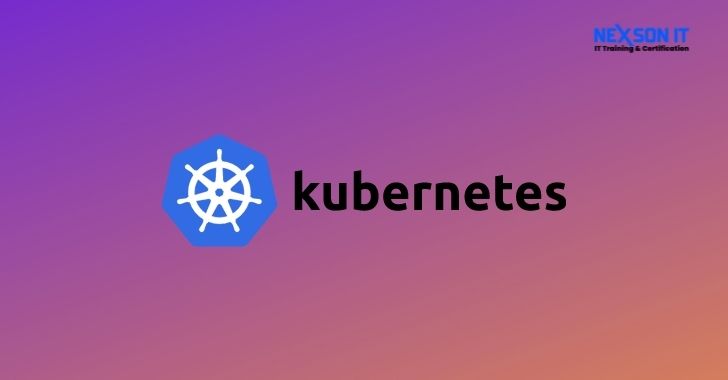
Kubernates is a containerization tool, like Docker, that helps with containerization at scale. Kubernates is useful for massive DevOps systems because it automates the management of hundreds of different containers at one time. For instance, instead of manually deploying hundreds of containers onto the same machine, Kubernates allows for automating the times in which containers are deployed to avoid bogging down systems with too many deploys at one time.
Deployment automation is the biggest benefit of Kubernetes in the DevOps world. By automating container creation on nodes across on-premises, cloud and hybrid IT environments, Kubernetes can be used to spin up development environment on demand based on business need. This is especially helpful in auto-scaling, rolling updates, canary deployments.
By orchestrating container creation and deployment.
Maven – Automation and Management Tool.
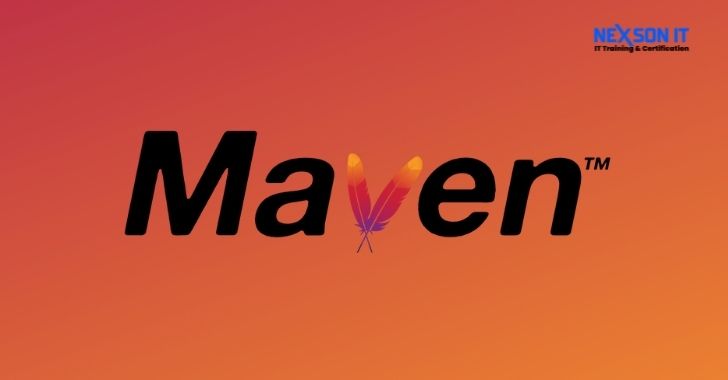
Maven is an automation and management tool developed by Apache Software Foundation. It is written in Java Language to build projects written in C#, Ruby, Scala, and other languages. It allows developers to create projects, dependency, and documentation using Project Object Model and plugins. It has a similar development process as ANT, but it is more advanced than ANT.
Maven can also build any number of projects into desired output such as jar, war, metadata.Maven helps the developer to create a java-based project more easily. Accessibility of new feature created or added in Maven can be easily added to a project in Maven configuration. It increases the performance of project and building process.The main feature of Maven is that it can download the project dependency libraries automatically.
Nagios
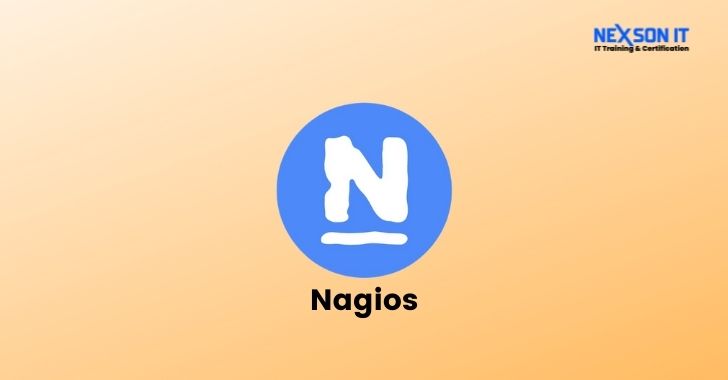
Nagios is another useful tool for DevOps. It helps DevOps teams to find, and correct problems with network & infrastructure.It actively monitors health of services and maintains log stash files. It also shows the causes of downtime, duration of downtime and possible events that trigger outageNagios also offers several configuration options and alerts features. You can suppress alerts for a host, enforce maintenance mode on hosts, customize notification settings for alerts and much more.Nagios supports hundreds of plugins. You can also create your own customizations and develop your own plugin support.
However, because Nagios is relatively old, it is difficult to operate with the latest infrastructure. It lacks database driven configuration, and forces you to use configuration files.
JIRA
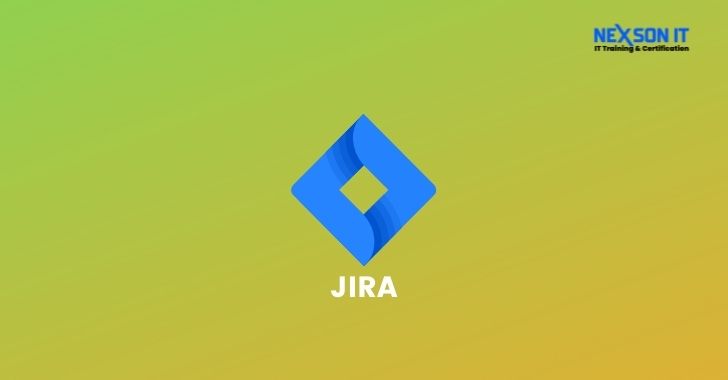
JIRA is a project management and collaboration tool used by software companies worldwide. JIRA is an extremely powerful tool and offers a variety of customization and features.
In order to exploit the full benefits and power of JIRA, you will need an expert as the tool is difficult to configure if your requirements are complex. You can create timelines, sprint release plans and forecasts using JIRA’s Portfolio feature. You can use JIRA’s Structure to track progress to a granular level.
Python Automation
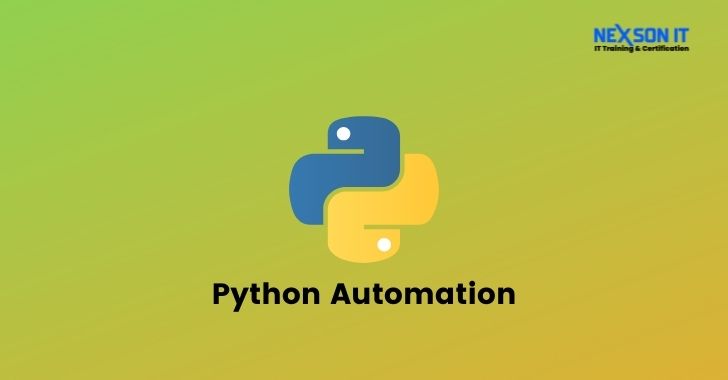
Information Technology is not like it used to be before. Most of the sysadmin tasks are getting automated using tools and scripting languages. Which includes configuration management tools like chef, puppet, Ansible, etc and scripting languages like shell scripting, python, ruby, etc.
Also, the way people and teams worked has changed drastically in recent years with the advent of new philosophies such as DevOps and methodologies like Agile.
Unlike before, different teams have started working together and there is more and more automation from application development to deployment. vagrant and docker made developers’ life so easy by reducing the time to set up, test development environments.

